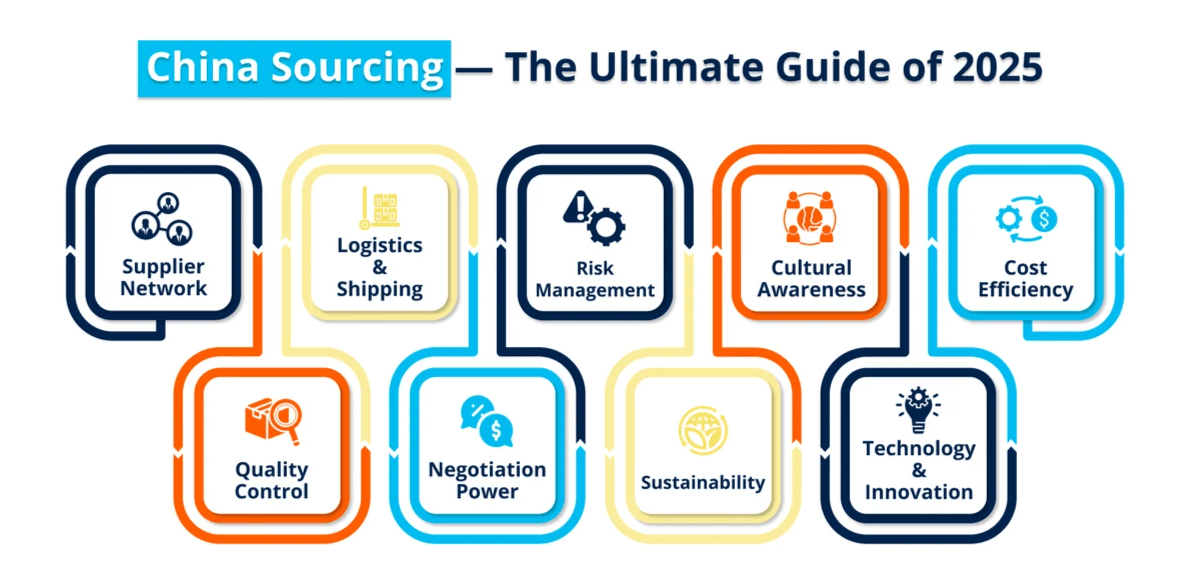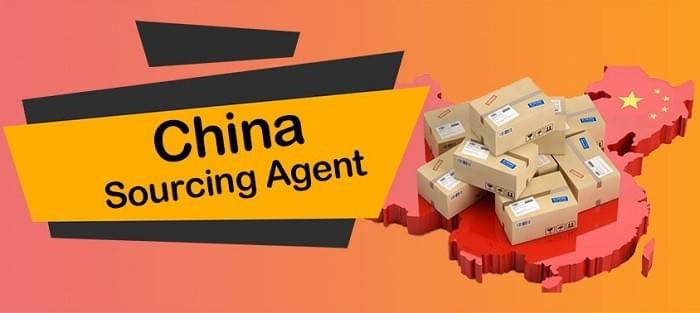Introduction: Welcome to the International Sourcing Hunger Games
Are you running a business that's just too profitable and successful? Looking for creative ways to sabotage your margins, quality control, and mental health simultaneously? Well, look no further than your friendly neighborhood Chinese trading company!
If you're importing products from China without knowing exactly who's making them, you might as well be playing Russian roulette with your business—except five chambers have bullets and the sixth contains a smaller gun.

The Convenience Tax You Didn't Know You Were Paying
Every year, thousands of businesses fall into the trading company trap, bleeding money and compromising product quality without even realizing it. This comprehensive guide will expose the 10 devastating reasons why Chinese trading companies could be your worst business nightmare.
1. The Outsourcing Inception: A Dream Within a Dream Within a Nightmare
Trading companies are NOT manufacturers. They're professional middlemen who:
- Take your order and pass it to a factory (that might pass it to another factory)
- Create a supply chain with more layers than the world's most complicated lasagna
- Ensure your product travels through more hands than a dollar bill in a casino
Result: Your "premium" product is potentially manufactured by a factory you've never seen, staffed by people who've never heard of you, following specifications that vaguely resemble what you actually requested.
2. Profit Margins: Where Your Money Goes to Die a Slow, Painful Death
Every trading company survives by adding their own markup to your product. This means:
- Higher prices for identical products, because apparently money grows on your tree but not theirs
- Reduced profit margins for your business, because who needs financial success anyway?
- An unnecessary financial burden that's about as welcome as a paper cut between your fingers
Pro Tip: Direct manufacturer relationships can slice 15-30% off your per-unit costs. That's not just pocket change—it's the difference between "profitable business" and "expensive hobby."
3. Supply Chain Transparency: As Clear as Mud in a Sandstorm
Trading companies deliberately keep you in the dark with the dedication of someone hiding a body:
- They guard actual manufacturing locations like they're nuclear launch codes
- Third-party quality audits become as impossible as finding a needle in a needlestack
- You can't control or verify manufacturing processes, so quality control is basically a prayer circle
- You have no ownership of critical design elements like molds and tooling, which is super fun when you need to switch suppliers

4. Inconsistent Quality: Making Your Customers Play Product Lottery
Trading companies frequently switch manufacturers faster than a teenager switches social media apps:
- Different factories mean product quality that varies more than the weather in England
- No guarantee of meeting your specific standards, or any standards whatsoever
- Significant variations between production batches, making your inventory look like it was sourced from parallel universes
5. Relationships: The Long-Distance Romance That Never Works Out
Direct manufacturer relationships are crucial for business success, but with trading companies, you're essentially trying to maintain a relationship with someone you've never met, through an interpreter who's playing telephone:
- Problem resolution moves at the speed of continental drift
- Customizing product designs becomes an expensive game of "whisper down the lane"
- Negotiating better terms is about as effective as bargaining with a vending machine
- Understanding production capabilities remains a mystery wrapped in an enigma stuffed inside a fortune cookie
6. Fly-by-Night Operations: Where Your Money Goes on Permanent Vacation
Trading companies are often about as stable as a jenga tower in an earthquake:
- Can shut down quicker than a laptop with 1% battery
- Change business names more frequently than celebrities change hairstyles
- Present a high risk of losing your investment, which is always a fun conversation to have with your investors
- Offer limited legal recourse, because international business law is just so straightforward and enforceable

7. Communication: The World's Most Expensive Game of "Telephone"
Multiple communication layers create massive risks that would make UN translators break into a cold sweat:
- Message distortion through intermediaries turns your specific requirements into creative interpretations
- Lost-in-translation scenarios that would make an excellent sequel to the Bill Murray movie
- Critical details get diluted faster than cheap cocktails at happy hour
Example: Your request for "slightly rounded corners" somehow results in a product that's perfectly circular. How? Nobody knows!
8. Sales-Driven, Not Quality-Focused: All Hat, No Cattle
Trading companies prioritize closing deals with the dedication of a used car salesman on the last day of the month:
- Impressive websites featuring stock photos of factories they've never set foot in
- Aggressive marketing that makes infomercials look subtle
- Closing deals at all costs, with quality being a delightful surprise rather than a requirement
- NOT product quality or manufacturing excellence, which are just pesky details that get in the way of commissions
9. Hands-Off Approach: Support That Isn't Actually Supportive
Most trading companies provide support that's about as helpful as a chocolate teapot:
- Won't visit suppliers because, you know, that would require effort
- Relay your concerns through impersonal phone calls, playing the world's least effective game of Chinese whispers
- No hands-on problem-solving, just vague assurances that everything is "being handled"
10. Deceptive Practices: The Manufacturing Masquerade Ball
Many trading companies engage in deceptive practices with the skill of method actors:
- Claim to be manufacturers with the confidence of someone who once toured a factory
- Sell products across multiple unrelated categories—because apparently they're experts in everything from electronics to textiles to medical equipment
- Use sophisticated marketing to hide their true nature, like a wolf in sheep's clothing, if the wolf also had business cards claiming to be a shepherd

The Exception: When Trading Companies Actually Make Sense (Yes, These Situations Exist)
While our guide strongly recommends direct manufacturer relationships, trading companies can be suitable when:
- Your order quantities are so small that manufacturers won't return your emails
- You need products below standard minimum order quantities and enjoy paying premium prices for the privilege
- You lack resources for direct international sourcing and prefer to outsource your outsourcing
Conclusion: Protect Your Business (And Your Sanity)
Understanding these risks is your first step toward building a robust, profitable international sourcing strategy that doesn't make you wake up in cold sweats. Always:
- Verify supplier credentials more thoroughly than a suspicious parent checking their teenager's new friends
- Request factory audits (and not the kind where they clean up just before you arrive)
- Build direct manufacturer relationships that last longer than most Hollywood marriages
- Prioritize transparency and quality like your business depends on it—because it does
Disclaimer: Not all trading companies are inherently bad, in the same way that not all fast food is nutritionally empty. But the risks far outweigh the potential conveniences, much like how the joy of a donut lasts far less than the regret.
Ready to Transform Your Sourcing Strategy?
Contact our expert sourcing consultants today for a comprehensive supply chain assessment. Don't let trading companies compromise your business success—unless you enjoy throwing money into a black hole while simultaneously wondering why your products keep arriving in creative interpretations of your specifications.